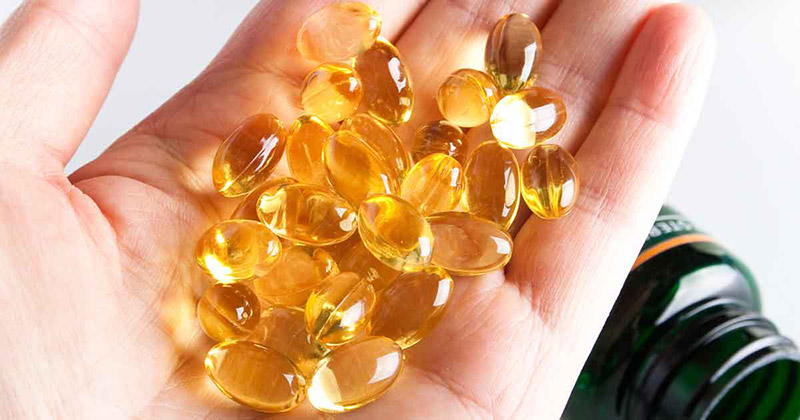You could argue that you should aim to have every vitamin under the sun every single day; however some vitamins are more beneficial for your health and weight loss than others.
For instance, many nutritionists will advise you to take a multivitamin as well as a vitamin D supplement every day to ensure your body is getting all the nutrients it needs.
But what do these multivitamins actually contain?
On average you can except to find the following vitamins in your day to day multivitamins. And we think you’ll agree, they are all important:
- Vitamin A– best known for helping you to see in the dark, Vitamin A stimulates white blood cell production, helping you to remodel bones, maintain endothelial cells and regulate cell growth and division. NOTE: recommended daily amount is 900 micrograms for men and 700 for women.Food sources: breakfast cereals, juice, dairy products
- Folate, Vitamin B6 and Vitamin B12– too little folate and B vitamins have been linked to birth defects such as spina bifida and anencephaly. Similarly these vitamins are also used in the fight against heart disease and cancer. NOTE: recommended daily amount is 400 micrograms.Food sources: fruit, vegetables, whole grains, beans, breakfast cereals and fortified grains.
- Vitamin C– of all the vitamins out there, Vitamin C is the most well known due to it preventing scurvy and illnesses. Neutralising free radicals, Vitamin C helps to make collagen which is essential for healthy bones, teeth, gums and blood vessels. NOTE: recommended daily amount is 90 milligrams for men and 75 milligrams for women.Food sources: citrus fruits, berries, green and red peppers, tomatoes, broccoli and spinach.
- Vitamin D– studies suggest over half the population has low vitamin D levels due to lack of exposure to sunlight (something you cannot always help depending on where you live). Consequently, there has been a rise in osteoporosis, heart disease, rickets and some cancers. NOTE: daily recommendations vary but most recommend 600IU for 1-70 year olds and 800IU for the over 70s.Food sources: unfortunately very few foods contain Vitamin D, which is why it is advised that you take Vitamin D supplements. The few foods which contain Vitamin D include dairy products, breakfast cereals and fatty fish such as salmon and tuna.
- Vitamin E– this vitamin is most linked to the prevention of heart disease although studies have experienced mixed results with this idea. Other benefits include improved skin elasticity and toning (which is why you see it in so many stretch mark creams). NOTE: recommended daily amount is 15 milligrams.Food sources: sunflower and safflower oils, oil based salad dressings, almonds, sunflower seeds, peanut butter and dark leafy greens.
- Vitamin K– this vitamin is essential for making 4 of the 13 proteins needed for blood clotting. However it has also been linked to bone building. NOTE: recommended daily amount is 120 micrograms for men and 90 micrograms for women.Food sources: green leafy vegetables (ale, collard greens, broccoli, brussel sprouts, parsley).
There is no denying that vitamins play an important role in maintaining your health, so try to boost your vitamin content today and begin witnessing the benefits of a positive lifestyle. A healthier body will soon lead to easier weight loss.
